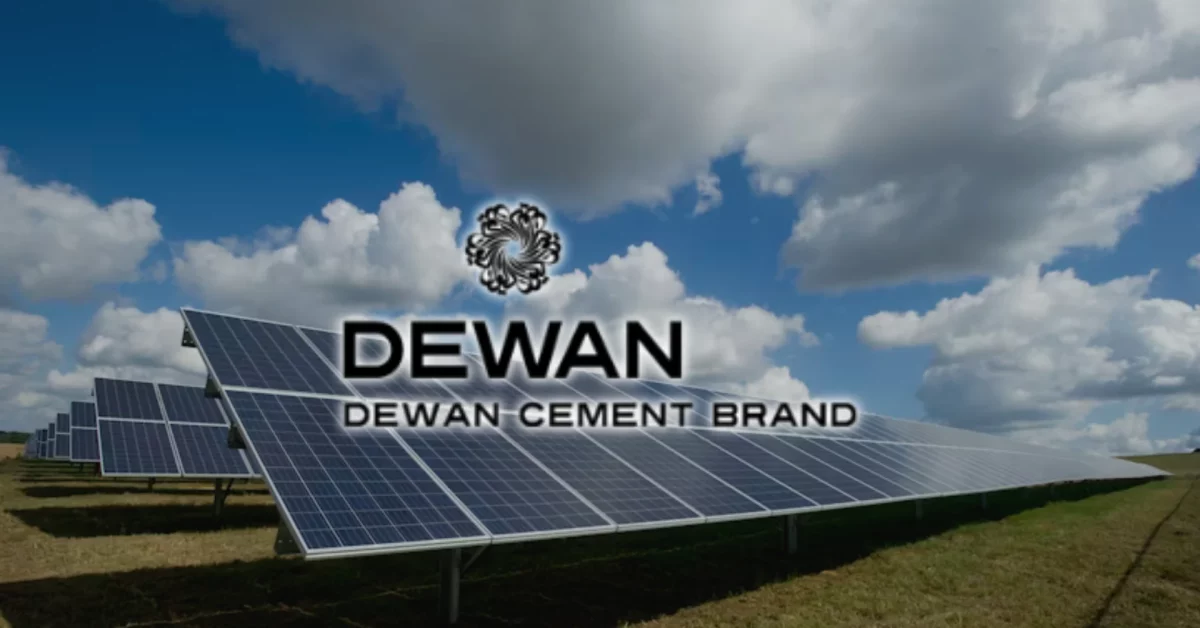Can Tech Lead Pakistan Out of Poverty’s Grasp? A Vision
October 27, 2024State Life Insurance partners with JazzCash to Digitize Payment Collection
October 27, 2024Pakistan’s web: balancing security, freedom, and censorship challenges.
Welcome to the digital battleground of Pakistan, where every click, share, and post is a potential flashpoint in the ongoing struggle for online freedom. In recent years, the country has found itself embroiled in a series of controversies and conflicts over the regulation of cyberspace, raising critical questions about the balance between security, censorship, and civil liberties. At the center of this whirlwind is a recent skirmish over a resolution submitted by a member of Pakistan’s Senate, proposing the ban of major social media platforms, including Facebook, TikTok, Instagram, YouTube, and the platform formerly known as Twitter, now referred to as X. The resolution cited concerns about the spread of “negative and malicious propaganda” against the military and the promotion of “fake leadership,” igniting a fierce debate over freedom of expression and government censorship.
While the resolution was ultimately withdrawn following intense criticism and concerns about constitutional rights, the incident underscored the deep tensions within Pakistani society over the regulation of online content. It also raised broader questions about the government’s approach to internet governance and the protection of civil liberties in the digital age. One of the most contentious issues surrounding internet regulation in Pakistan is the amendment of the Pakistan Electronic Crimes Act (PECA), which criminalizes online defamation of authorities, including the military and judiciary, with severe penalties. Critics argue that these amendments have been used to stifle dissent and silence political opposition, undermining the principles of free speech and democratic governance.
The recent ban on X, in particular, sparked outrage among Pakistani citizens and international observers, who viewed it as a blatant violation of the right to free expression. The platform had become a vital channel for political discourse and activism, providing a platform for dissenting voices and alternative perspectives in a country where traditional media outlets are often subject to government control and censorship. But the challenges facing internet freedom in Pakistan extend beyond social media bans and legislative amendments. The government has also employed tactics such as internet shutdowns and mobile network disruptions to suppress dissent and control the flow of information during critical moments, such as elections and protests.
One such example is the internet blackout on election day in February, which saw mobile services suspended across the country on “security grounds.” Critics condemned the move as an attempt to manipulate the electoral process and restrict access to information, highlighting the broader issue of government overreach and abuse of power in the digital realm. The restrictions imposed on X and other social media platforms have also raised concerns about the impact on political discourse and democratic participation in Pakistan. With millions of users relying on these platforms for news, information, and social interaction, the censorship of online content can have far-reaching consequences for public discourse and civic engagement.
Furthermore, the government’s efforts to control online content and suppress dissent have led to increased scrutiny from international organizations and human rights groups. Organizations such as Access Now and the Committee to Protect Journalists have condemned Pakistan’s use of internet shutdowns and censorship as violations of basic human rights and democratic principles. Despite these challenges, there is hope on the horizon for Pakistan’s digital future. Civil society organizations, activists, and ordinary citizens are mobilizing to defend internet freedom and push back against government censorship. From online campaigns and advocacy efforts to legal challenges and grassroots movements, people are standing up for their rights and demanding a free and open internet for all.
In conclusion, Pakistan’s digital dilemma reflects the broader tensions between security, censorship, and civil liberties in the digital age. While the government may seek to control the flow of information and suppress dissent, the resilience of Pakistan’s internet users and the growing global movement for digital freedom offer hope for a brighter future. As the country continues to navigate the complexities of cyberspace, the fight for internet freedom remains as urgent and essential as ever.





